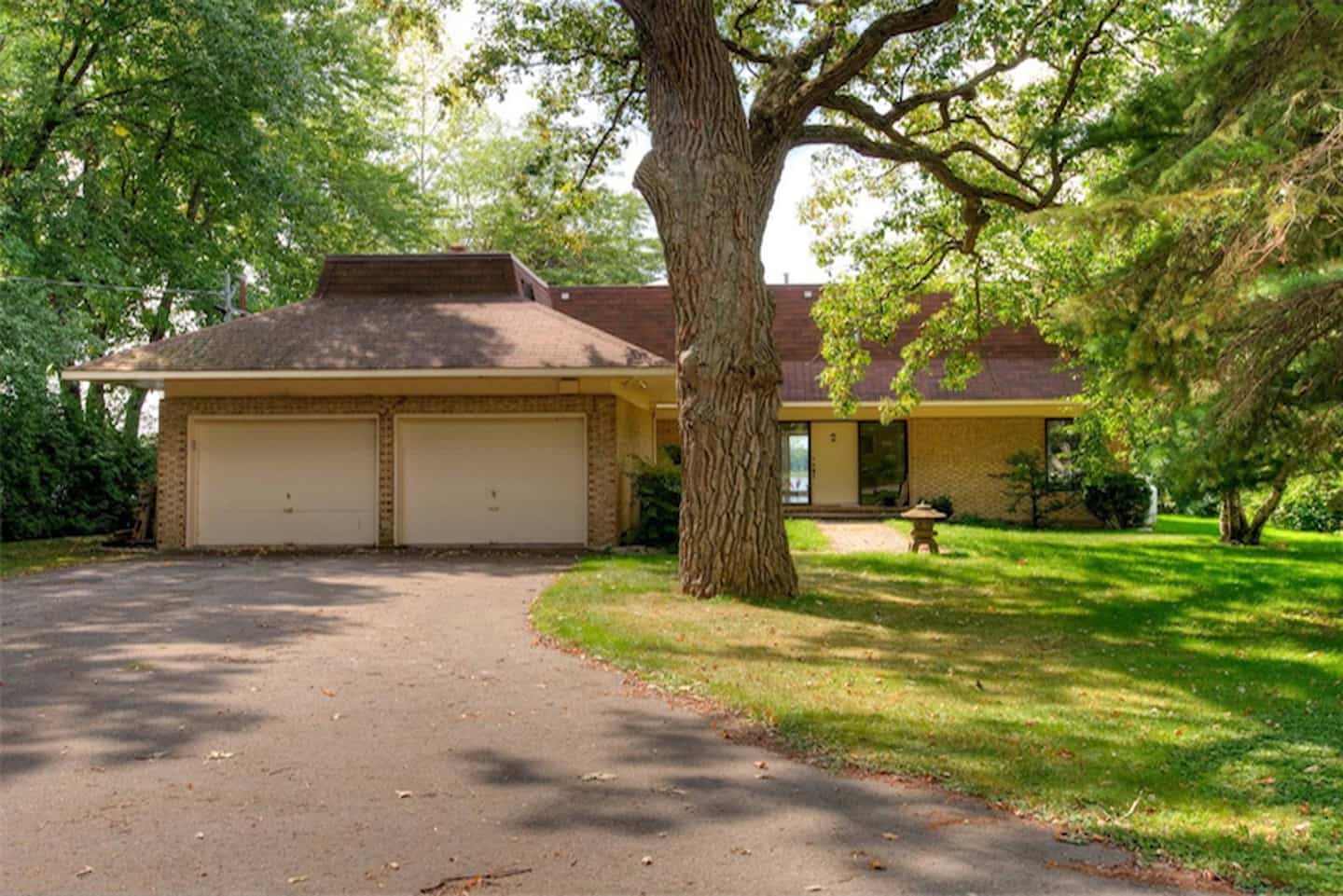The West island is filled with older traditional houses, along with new developments. Major developments of West Island homes were built in the 1950’s to 1970’s, bungalow designed, specifically in Pierrefonds, Roxboro, Dollard Des Ormeaux, and Kirkland. When purchasing West Island real estate, it’s important to understand its condition in perspective to older versus new. We all assume that older West Island homes have a lot of problems to fix and update, while newer developments do not. Here are the Pros and Cons of buying older versus purchasing newer West Island homes.
Older West Island Homes
-More Affordable
Older West Island homes tend to be more affordable compared to newer homes. The reason behind this because older houses may require repairs and updates.
-Well Structured
The houses that were built in the 1950’s, 60’s, and 70’s are still up and functioning. The structure of these houses are built to last and have experienced all of the 4 seasons Montreal has to offer.
-Maintenance and Repairs
Since these homes have been around for decades, they may need more TLC in terms of maintenance and repairs.
-Updates and Replacements
The shingles of a roof have to be replaced after 15 to 20 years of use. The plumbing system in an older home may not be working efficiently. Older heating and cooling systems that aren’t functioning may have to be replaced. The insulation and ventilation system may have to be updated as well.
New Construction West Island Homes
-More Expensive
Newer West Island homes is usually more expensive than older homes. With all the developments on our island, new homes are expensive because there is less and less land to build on.
-Freedom to Choose
When purchasing pre-construction, you get to choose the type of flooring, kitchen cupboards, fixtures and make changes or pay for upgrades. This is great so that you won’t have to do it yourself or hire another company to make these changes for you.
-Warranty by the Builder
New homes have a warranty by the builder on certain aspects of your home, including its structure and major components. This warranty should be stated in your contract and is required for builders to provide by government law. Do not need repair anything if there are defects in your home, instead, read your contract or check with the builder to see if it’s covered.
-Foundation
A disadvantage of a new construction is that its foundation hasn’t settled in yet. This means you’ll experience cracks in the ceiling and walls, as well as the foundation moving.
-Maintenance are Minimal
Newly built homes shouldn’t give you many issues or major problems in comparison to older houses. New constructions require minimal maintenance.
-Energy Efficient
A lot of new construction use dual pane windows insulating your home better from the weather outside. Newer homes have new walls, ceilings, and flooring insulating your home better than older homes.
-Laws and Regulations
Buying new construction covers you on laws and regulations for personal safety reasons. The contractor must abide by all the latest safety measures when building you the home.
*photo courtesy of Michael Green Photography


